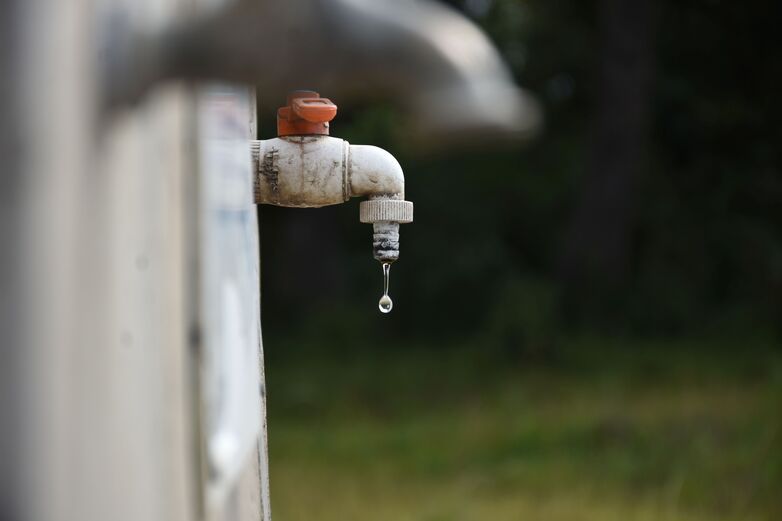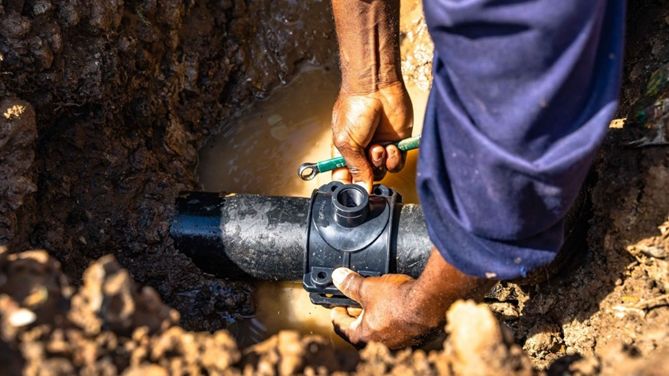Improving drinking water, sanitation and hygiene
Strengthening Institutions for Sustainable Water Supply and Sanitation (SIWaS) in Zambia
-
Commissioning Party
German Federal Ministry for Economic Cooperation and Development (BMZ)
-
Country
-
Lead executing agency
More
-
Overall term
2023 to 2026
-
Products and expertise
Sustainable infrastructure: water, energy, transport

Context
The population of Zambia only has limited access to safe drinking water, sanitation and hygiene (WASH). This is because national institutions for water and sanitation management in Zambia, such as the Ministry of Water Development and Sanitation and the municipal utilities and local authorities, have insufficient technical, organisational and financial capacities.
Objective
National institutions, municipal utilities and local authorities coordinate to implement national guidelines for improving the urban and rural water supply and sanitation.

Approach
The project operates in the following fields of activity:
- It is developing the technical, organisational and financial capacities of national and local partner institutions. These include ministries, regulatory authorities and municipal utility companies and authorities at district and provincial level in the provinces of Luapula, Eastern and Copperbelt.
- It is improving the digital basis for green, climate-friendly planning of new water and sanitation supply systems. For example, it is implementing an integrated management information system, software solutions for processes and procedures at utility companies and support measures for industrial wastewater management in the capital city of Lusaka.
- It is developing a holistic, gender-equitable supply concept for the rural water supply and sanitation and is implementing new approaches to gender transformation in the Ministry of Water Development and Sanitation.
Last update: January 2024






